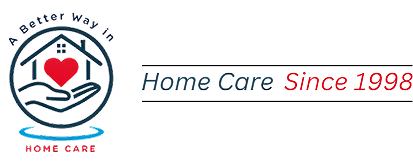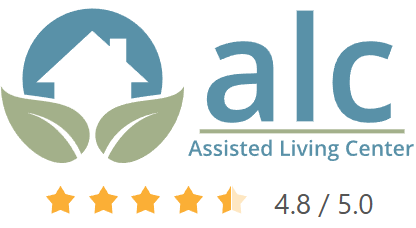Us humans have a tendency to take things for granted, especially our health. As we get older, our health inevitably starts to deteriorate and go through detrimental changes. This can happen abruptly. However, it is never too early to undergo health screenings as part of preventive care.

Early health screenings among the aging population, starting at the age of 50, can be an effective preventative measure to maintain health among the aging population. It’s biology 101: the older we get, the more attention and upkeep does our health demand and the need for regular medical testing increases accordingly.
Take it from professional providers of homecare in Sherman Oaks and other areas: being proactive about health and about monitoring changes in the body can be crucial to preserving one’s health and vitality and staying strong and fit longer.
For more details, read on!
What is a routine health screening?
A safe route to preserving one’s health is to undergo regular health screenings which can either target specific conditions or be more modular and comprehensive in nature. As you age, your need for regular medical testing usually increases, just like your need to be more proactive about your health and monitor changes in your body consistently, even if you notice no reason to get suspicious.
Below is a checklist of health screenings to undergo periodically after the age of 50 or earlier than that. Some of the tests on the list are optional and may only need to be done if significant risk factors are present, whereas others are recommended across the board.
- Blood pressure screening
- Cholesterol screening
- Diabetes test
- Thyroid-stimulating hormone screening
- Colorectal cancer screening
- Prostate cancer screening
- Lung cancer screening
- Mammograms
- Pap smear
- Abdominal aortic aneurysm screening
- Hearing test
- Eye exam and glaucoma screening
- Osteoporosis screening (bone density exam)
- Vitamin D test
- Skin check
- Periodontal exam
- Vaccination against pneumonia, sinusitis, meningitis, endocarditis, pericarditis, inner ear infections, shingles, etc.
How often should you get a health screening?
Depending on the results of a senior person’s health screening, their doctor or healthcare team may recommend changes to their diet, medication regimen or lifestyle. To determine a person’s optimal screening schedule, a doctor will also take into account other factors, such as the current state of their health, medical history, family history and other risk factors.
What medical tests do I need at 70?
For individuals who are 70 or older, general recommendations may no longer apply and your health screening schedule will be personalized depending on the state of your health and other circumstances. Various more invasive screenings may do more harm than good, such as if anesthesia is used to perform a procedure. Other screenings, however, will still be needed on a consistent basis.
Your eldelry loved one’s caregiver can take your elderly loved one to each health screening.
How often should a woman over 70 have a mammogram?
It is important to weigh the potential benefits and risks of undergoing a mammogram at this age. If a woman aged 70 or older is in good health, they should continue to get their routine mammography screenings on a regular basis, preferably every two years.
Better homecare across Sherman Oaks and other parts of LA for a better quality of life

Turn your loved one’s life around for the better by taking advantage of the many conveniences of advanced homecare available at A Better Way in Home Care. We can match you with professionals in the field of senior homecare who can provide a higher standard of care which is adjusted to your elderly loved one’s needs and lifestyle.
Together, we can build the perfect homecare plan for your senior loved one, one that will enable them to preserve or restore their health and independence, stay fit and physically active, maintain their lifestyle and continue living in the safety and comfort of their own cozy home. Contact us today to learn more on homecare available across the San Fernando Valley and throughout Los Angeles.








